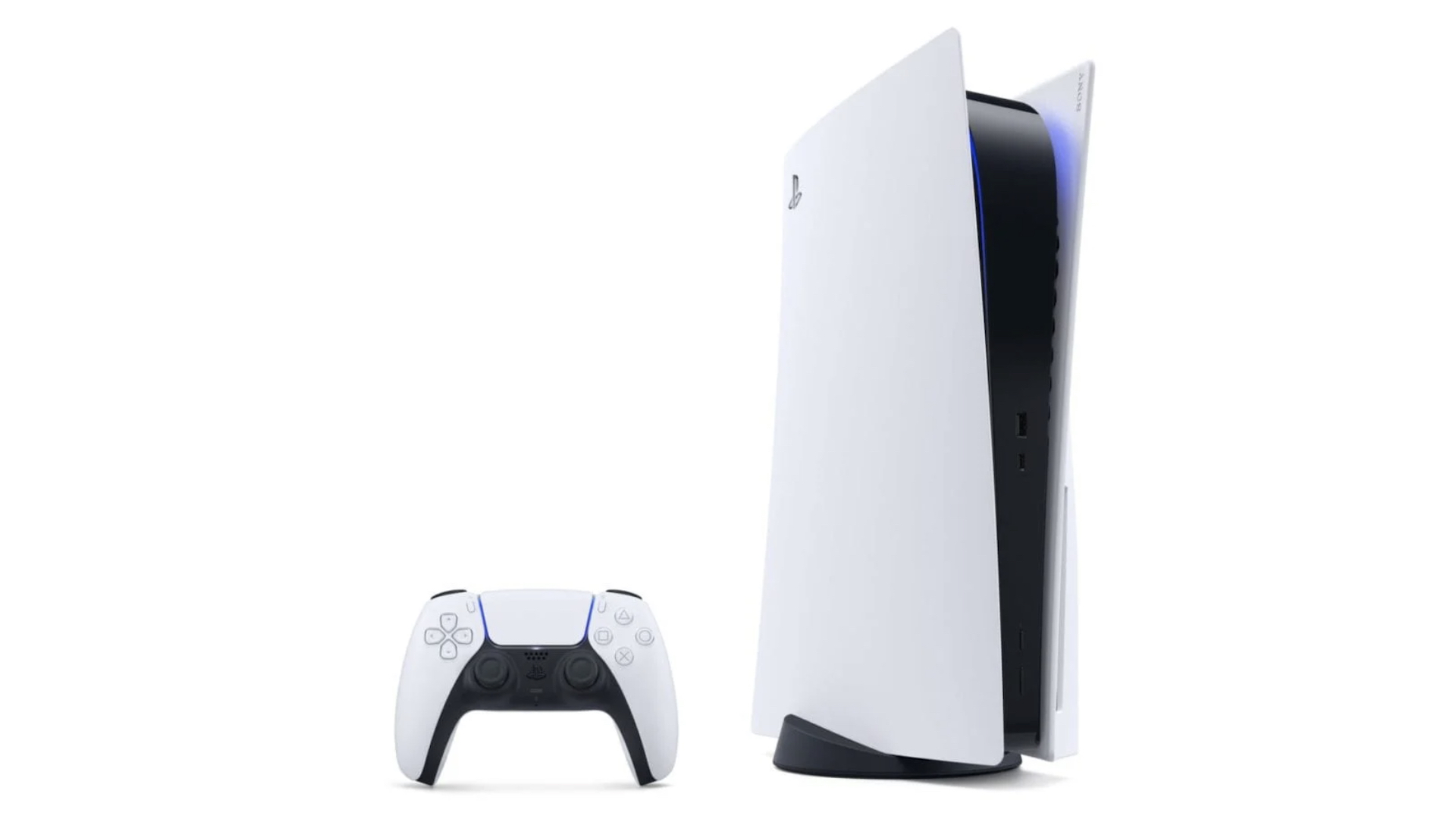
There are many downsides of being an early adopter to a major gaming console. Usually when you buy a brand-new gaming console after it first launches, you’re getting the buggiest version of that console before major quality of life patches are able to come out. It hasn’t been out in the wild for very long so all of the initial bugs that haven’t been discovered yet are still there. You also buy the console at its most expensive retail price it will ever be at, as sales and bundles generally come later as demand plateaus. You’re also buying the console at the point of its life where it has the smallest library it will ever have, seeing as how development for the games has only been underway for a little while.
But perhaps none of these headaches even come close to the annoying power of scalpers and the shadow that they cast on every major consoles’ launch. Buying up inventory while it’s new and fairly scarce, jacking up the price as high as they can possibly get away with and selling them back out to the most impatient among us, raking in a good profit for themselves while taking advantage of others. Unfortunately, with advances in technology and a higher demand for gaming consoles generally the problem of scalping has without a doubt gotten demonstrably worse and more prevalent in recent years and most notably with the launch of the Xbox Series X in the PlayStation 5. It’s a problem that most early adopters of major gaming consoles realize they’ll be contending with to one degree or another, but with the launch of these newest consoles, has certainly reached new heights worthy of their own new level of scrutiny.
One of the basic tenets of business is that when supply goes down prices go up. At least assuming that demand is still there. With the PlayStation 5 and the Xbox Series X that demand has gone nowhere but up since the consoles have launched yet the supply has plummeted. no matter where you go you are hard-pressed to find any of these consoles and physical stores or on reputable websites at their regular retail price. Going on to eBay or social media to find people who already have the consoles but are selling them is a different story though. These folks are called scalpers. They benefit from the high demand and low supply of things as well as their ability to snatch those things up before the Supply runs dry.
As mentioned, we’ve seen a lot of that with this generation of consoles and they’re able to pull this off in different ways. The most basic way is just people with lots of capital on hand ready to buy as many consoles as they can possibly get away with. Sure, they may want one for themselves and maybe even a couple as gifts for family members and friends, but what really makes them scalpers is that the majority of what they buy their planning to sell back out into the market at an elevated price so they can run away with that extra margin in their pocket. But the things that separate a respectable business model and a shameless scalper is the degree to which they game the system and the motive behind it. Selling a game console back out at a similar price isn’t nearly as big of a deal as tripling the price and doing it about 50 times. Where exactly the line is between those two things is hard to say but generally people agree on when it’s been crossed.
The scalpers that really crossed the line are the ones that mechanized the process of buying consoles and do it a ridiculous amount. Buying 100 consoles all at once when everyone knows there’s going to be a shortage is not something somebody can just do on their computer with ease. In order to do it that way they would have to compete with everybody else and they would end up feeling a lot of the time. So for those who are willing to take their scalping to the next level they use bots or software that tricks whatever website they’re buying from into thinking that the transactions are coming from different people and/or buy consoles from multiple different websites all at once within the amount of time that it takes to buy one.
This is the part of scalping that I think everyone agrees is problematic and it’s hard to say what the solution really should be if the software that the scalpers are using is continuously more advanced than what the retailers are using to protect those transactions. At the end of the day this is just a game that will likely never end, and scalpers clearly have more of a financial interest in staying ahead of the retailers then the retailers do of staying ahead of the scalpers. Think about it: even if it is scalpers buying those systems from the retailers, as far as those retailers are concerned, it’s still sales. So perhaps that’s not really the solution here at least not the long-term one.
One facet of the situation that also deserves a closer look is the fact that scalpers are selling these $1,800 PS5s to somebody. It’s not like they’re just buying the consoles and then listing them at many times their price for the fun of it. Somebody is keeping this business model alive and it’s not just the scalpers themselves. If there wasn’t a lot of money to be made in this business, then it wouldn’t exist. There’s no reason to invest all the time and money in gaming the system to end up with a ton of Xbox Series Xs if there are not people out there willing to pay exorbitant prices for them.
So at the end of the day the only thing that would ever really put an end to scalping is if that customer base changed its mind about how they go about buying their consoles. Say what you want about the scalpers or the retailers who failed to stop them, surely there’s plenty of blame to go around, but until people stop prioritizing their insatiable appetites to have the latest and greatest consoles at any cost over the general well-being of the marketplace in which those consoles exist, there will always be shady characters willing to step in and profit from their impatience.
Note: The views expressed in this article are those of the author and do not necessarily represent the views of, and should not be attributed to, GamingBolt as an organization.















